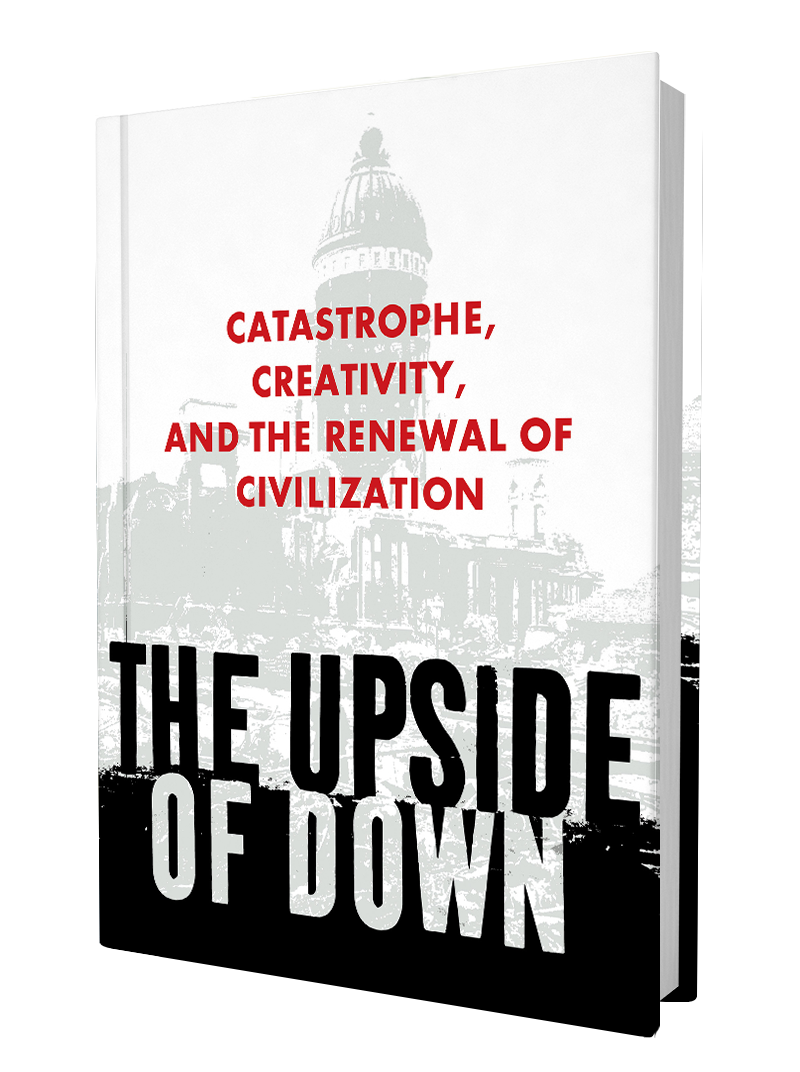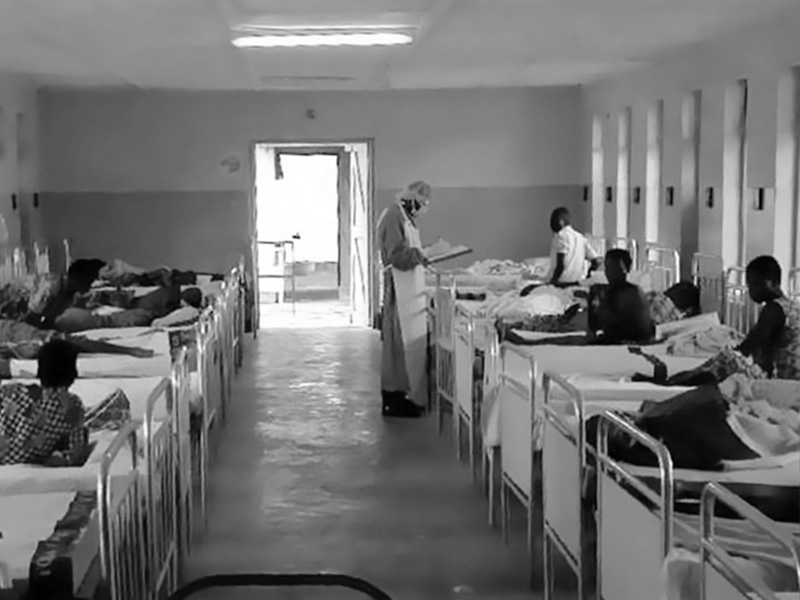societal growth & crisis
How Western Civilization Could Collapse
by Rachel Nuwer | The political economist Benjamin Friedman once compared modern Western society to a stable bicycle whose wheels are kept spinning by economic growth. Should that forward-propelling motion slow or cease, the pillars that define our society would begin to teeter.
Synchronous Failure: The Emerging Causal Architecture of Global Crisis
by Thomas Homer-Dixon et al. | Recent global crises reveal an emerging pattern of causation that could increasingly characterize the birth and progress of future global crises. A conceptual framework identifies this pattern’s deep causes, intermediate processes, and ultimate outcomes.
Today’s Butterfly Effect is Tomorrow’s Trouble
Amid reports of sex scandals, lone-wolf terrorists and Middle East beheadings, it’s easy to miss small events. But they sometimes carry messages far larger than those in the headlines.
Ebola Epidemic Could Tear Societies Apart
World leaders finally seem to be waking up to the gravity of the Ebola threat. Like the rest of us, they’ve been distracted by the Islamic State’s rampage in Syria and Iraq, the Ukrainian crisis, and even the mini-drama of the Scottish independence referendum.
Complexity Science
Complexity science isn’t a fad. I will offer a brief survey of some core concepts and ideas, and I will make a strong case that . . . they can help us develop new strategies for generating solutions and prospering in this world.
Complexity Science and Public Policy
We need to start thinking about the world in a new way, because in some fundamental and essential respects our world has changed its character. We need to shift from seeing the world as composed largely of simple machines to seeing it as composed mainly of complex systems.
When Wise Words Are Not Enough
In two books that offer erudite assessments of the dangers facing humankind this century, Vaclav Smil and Chris Patten address these matters in sharply different ways.
Prepare Today for Tomorrow’s Breakdown
What causes societies to collapse, and are our modern societies at risk of collapse themselves?
Caught Up in Our Own Connections
But perhaps the most important factor contributing to our continuing vulnerability is something that we rarely recognize and that’s even harder to change: a belief that greater connectivity and speed in all aspects of society are always good things.
Brittle Cities Are Easily Broken
Response to comment: “If there’s another major attack, people will leave the city in droves.”
The Matrix of Our Troubles
with Sarah Wolfe | One could draw a parallel between the sight of thousands walking north on Yonge Street and the mass exodus of people on foot from lower Manhattan two years ago. But yesterday’s electrical failure did not claim thousands of lives, nor will it trigger a cascade of events leading to war. Nevertheless, what we saw in Toronto was poignant for what it represented: a people too interlocked with their technical choices, too resolute on efficiency gains, and too dependent on progress. Last Thursday’s blackout should be a powerful catalyst for change.
We Need a Forest of Tongues
Recently, the writer Ken Wiwa argued in this space that we shouldn’t worry too much about the loss of the world’s linguistic diversity. A recent study by the Worldwatch Institute, he reported, reported that half the world’s languages may soon disappear; especially vulnerable are those indigenous tongues spoken by only a few thousand people. This prospect has raised widespread alarm, because it’s generally thought that language and culture are closely related. So, when we lose a language, it’s assumed, we lose the associated culture.
The End of Pop-economics
with Robin Bienenstock | The current crisis in international markets highlights inadequacies in the way economists and other analysts think about the global economy.








